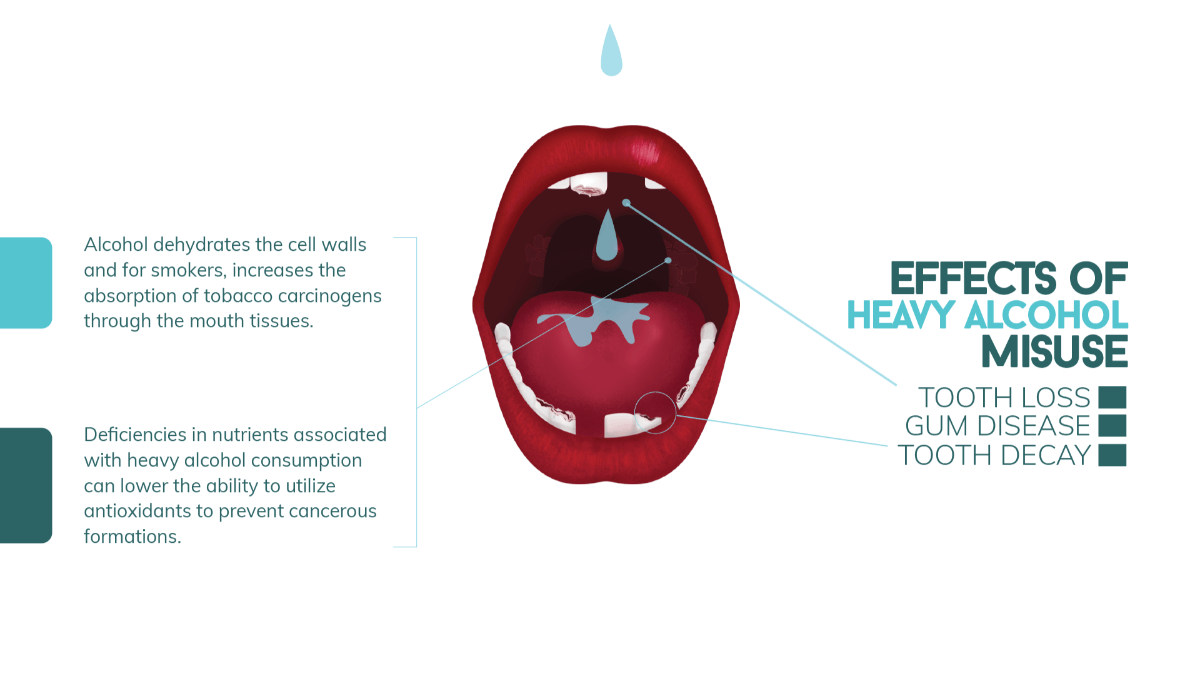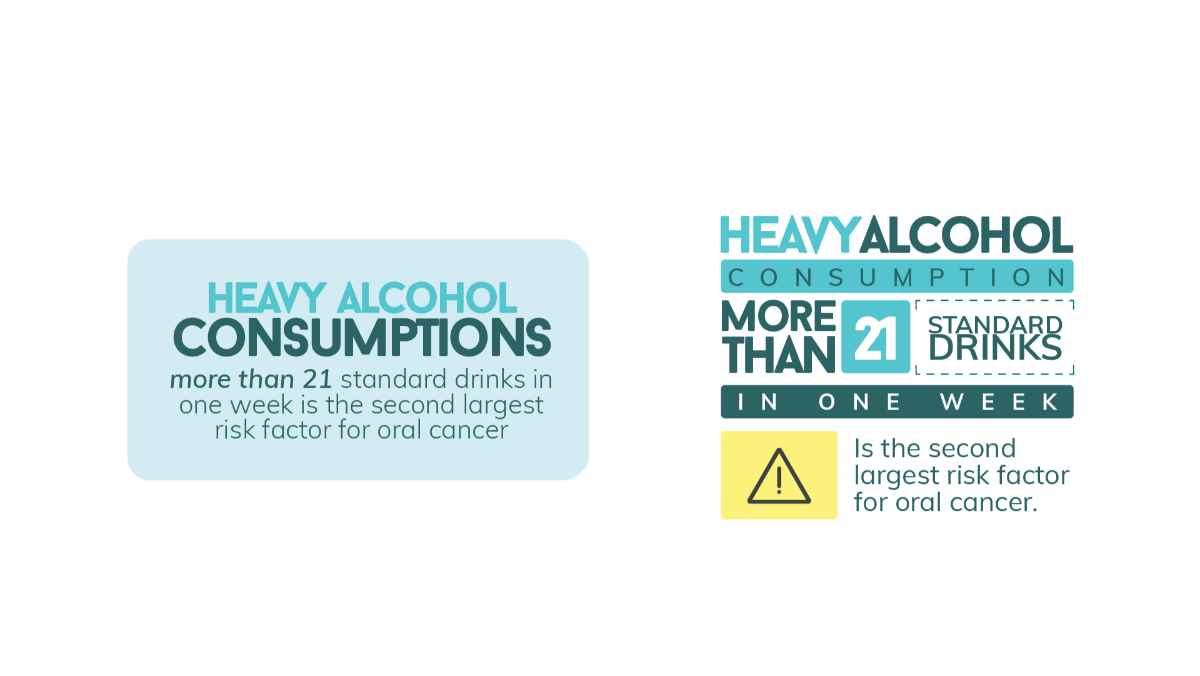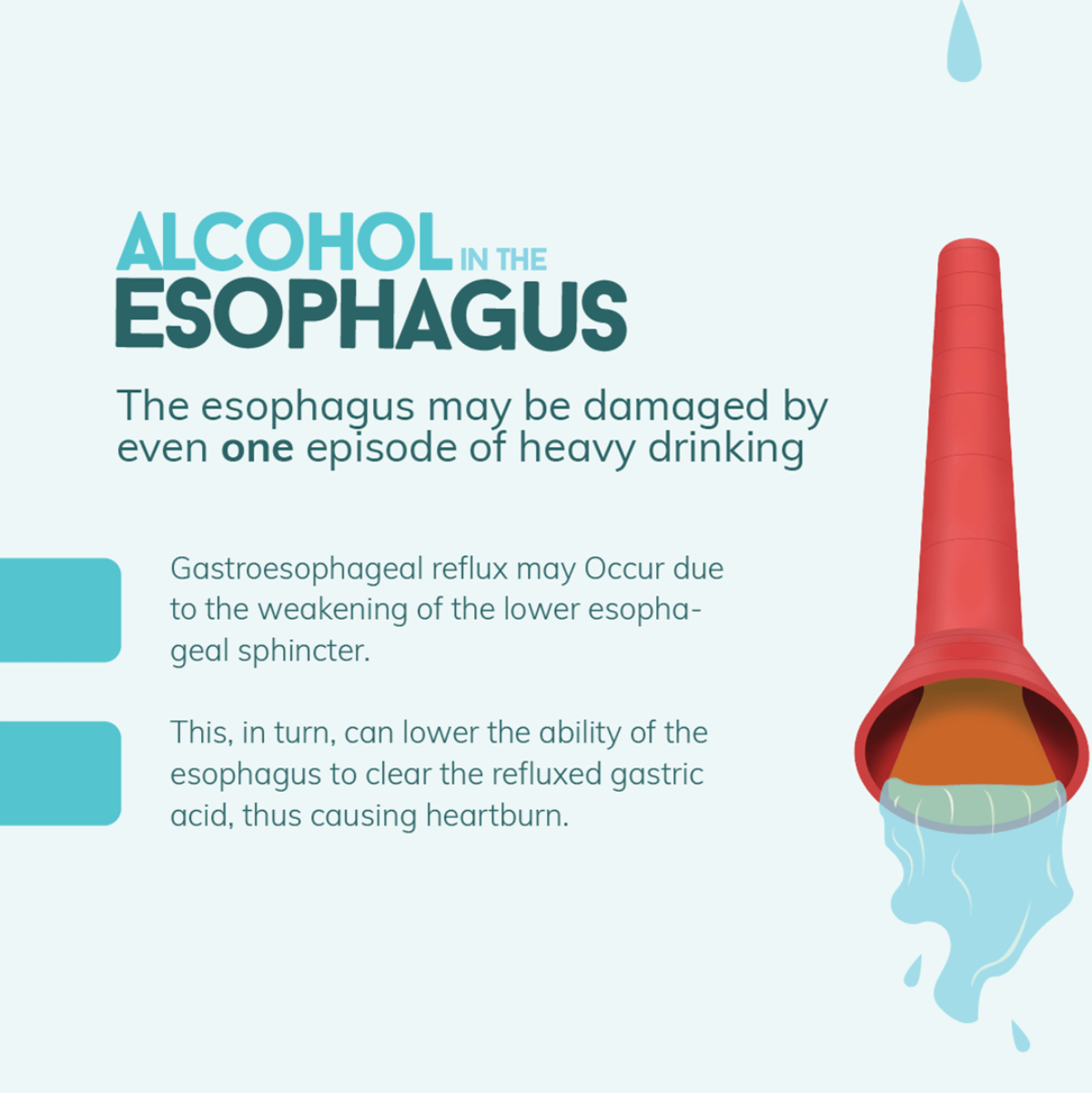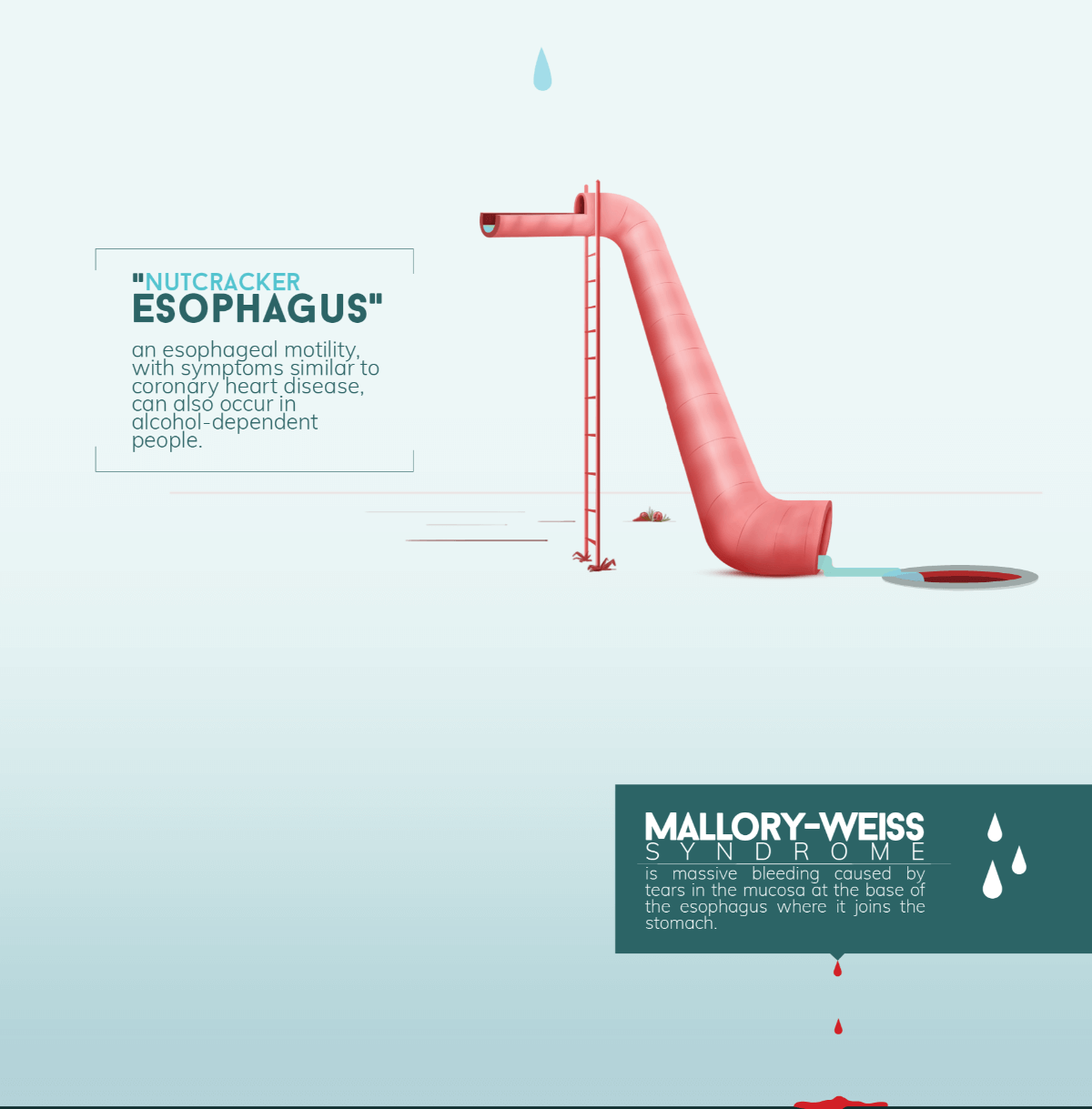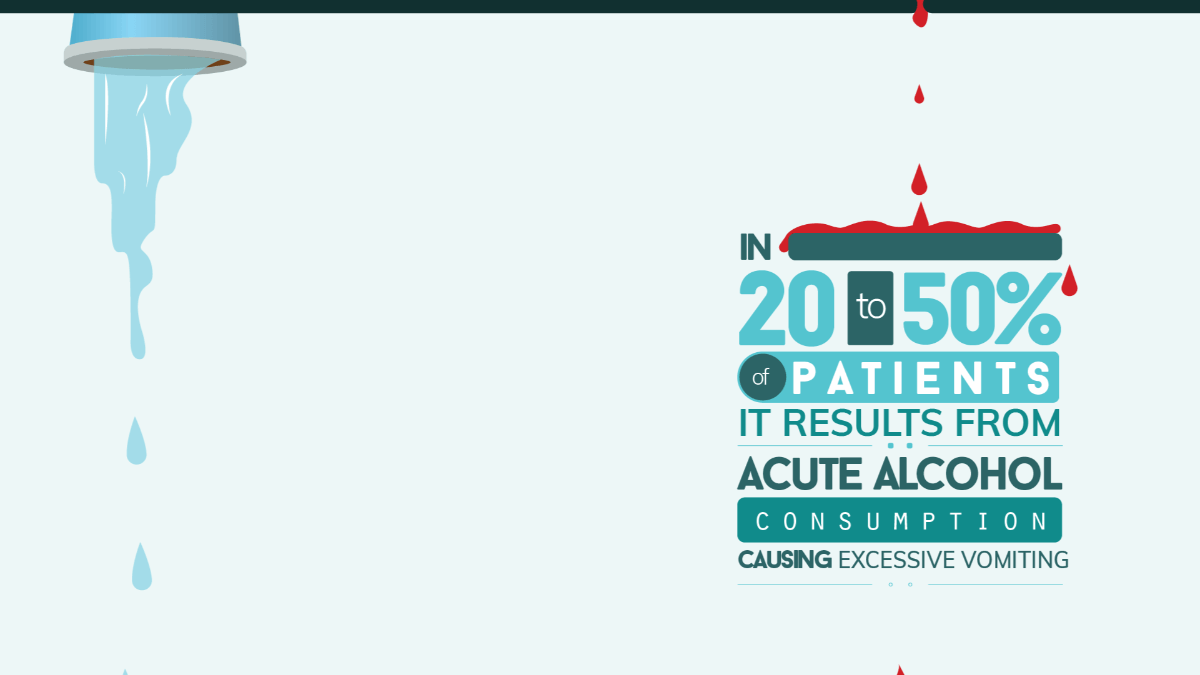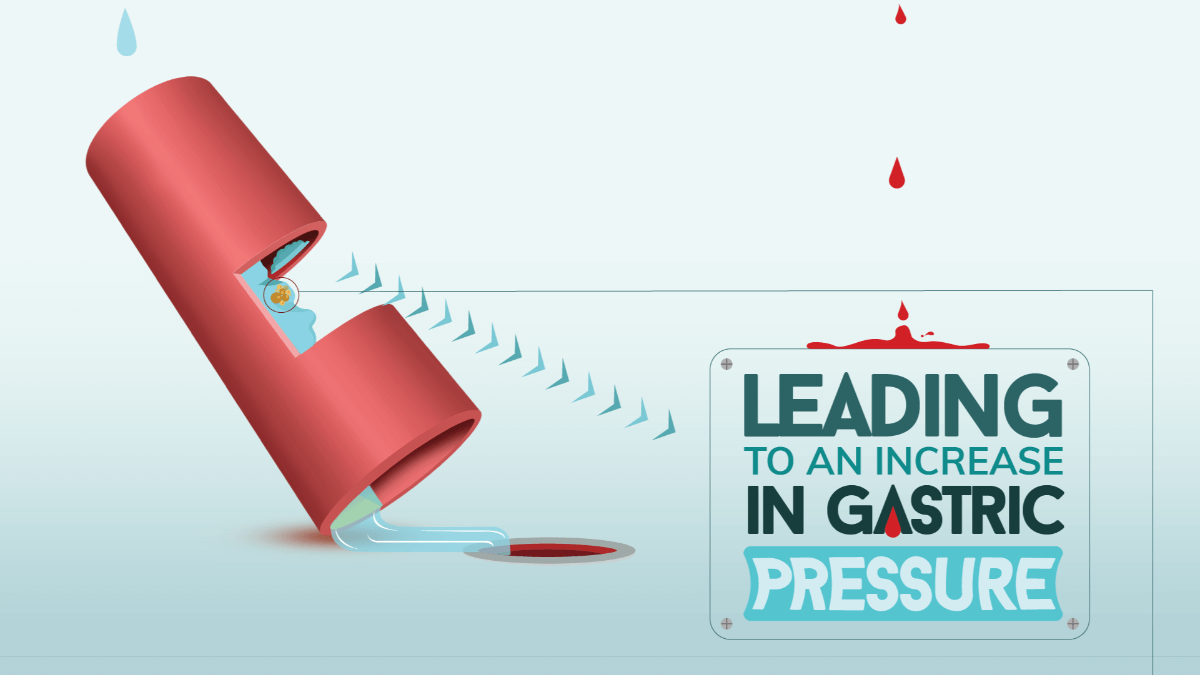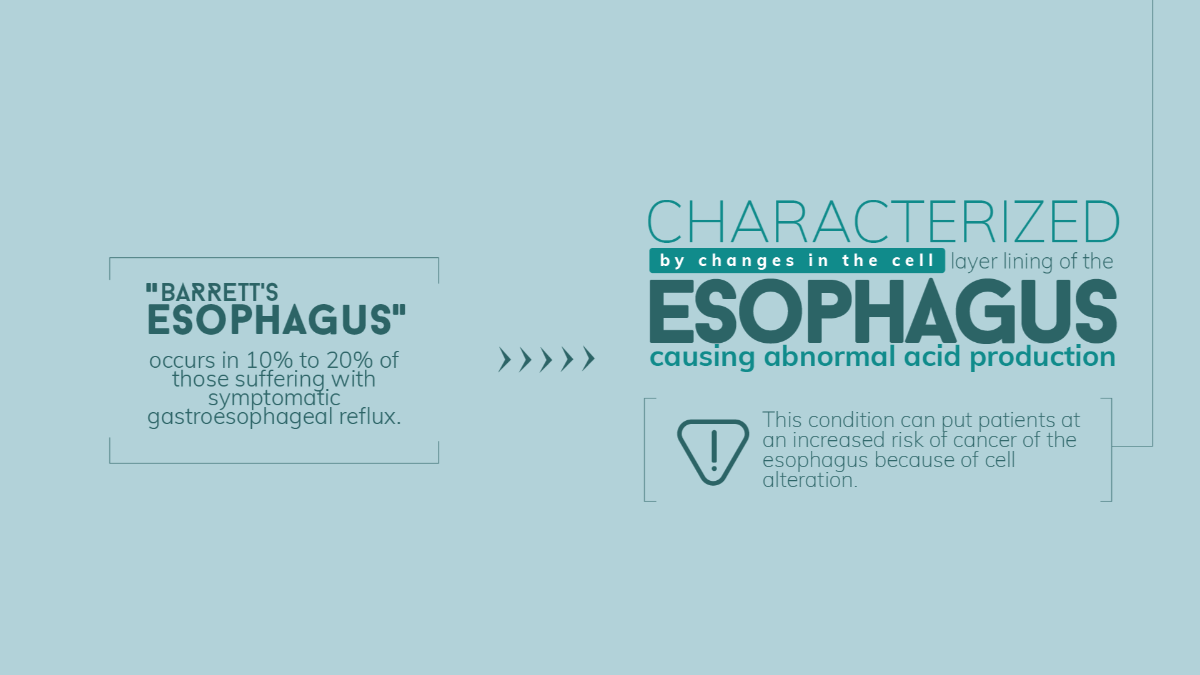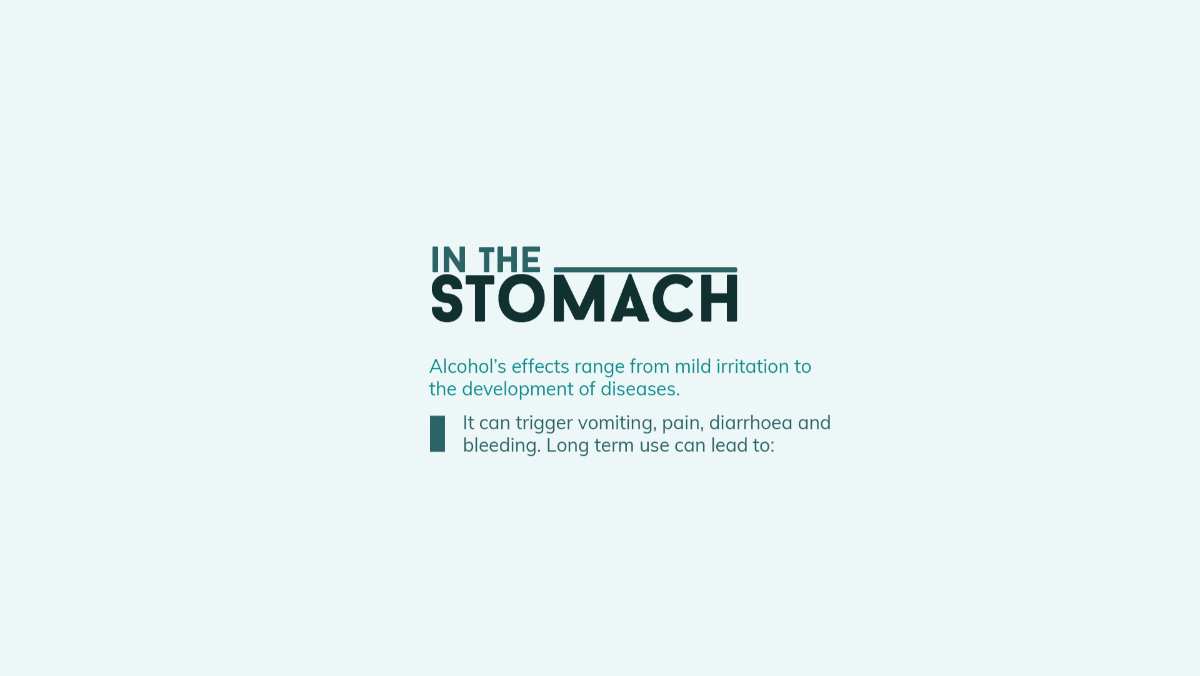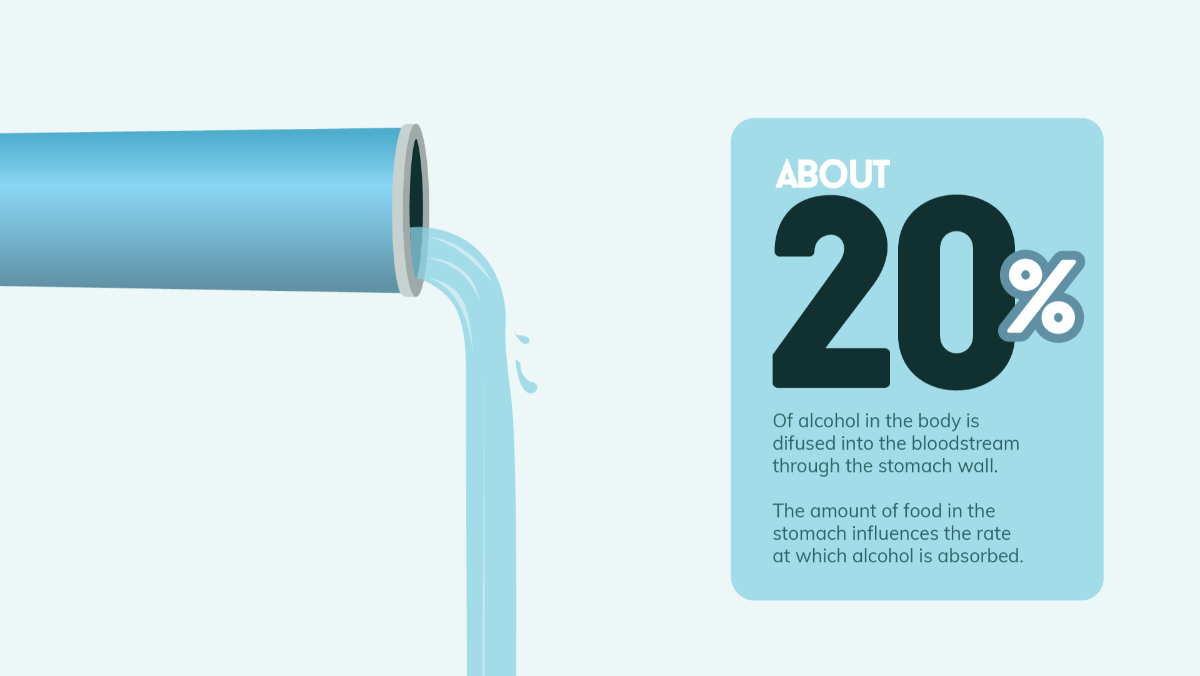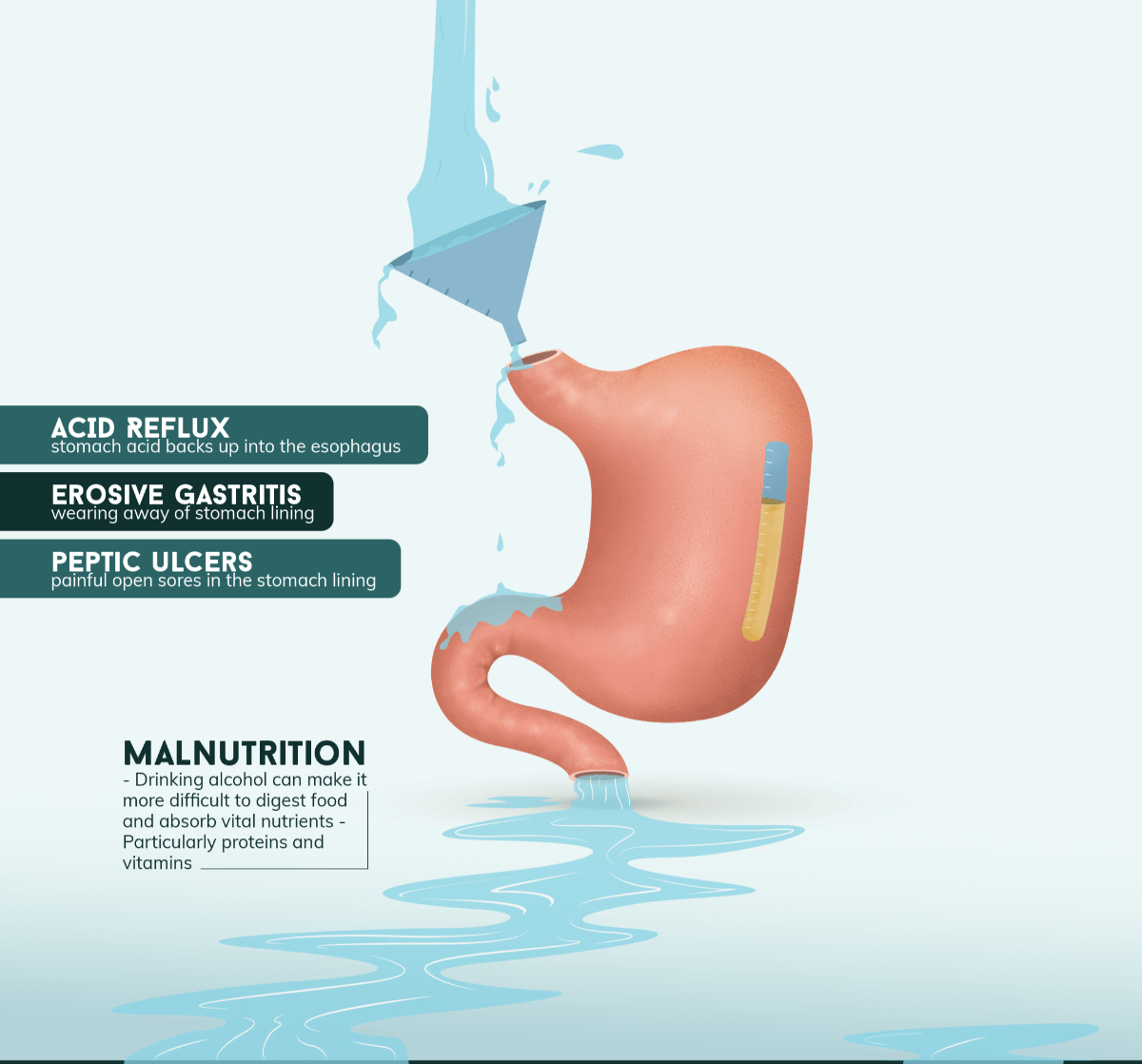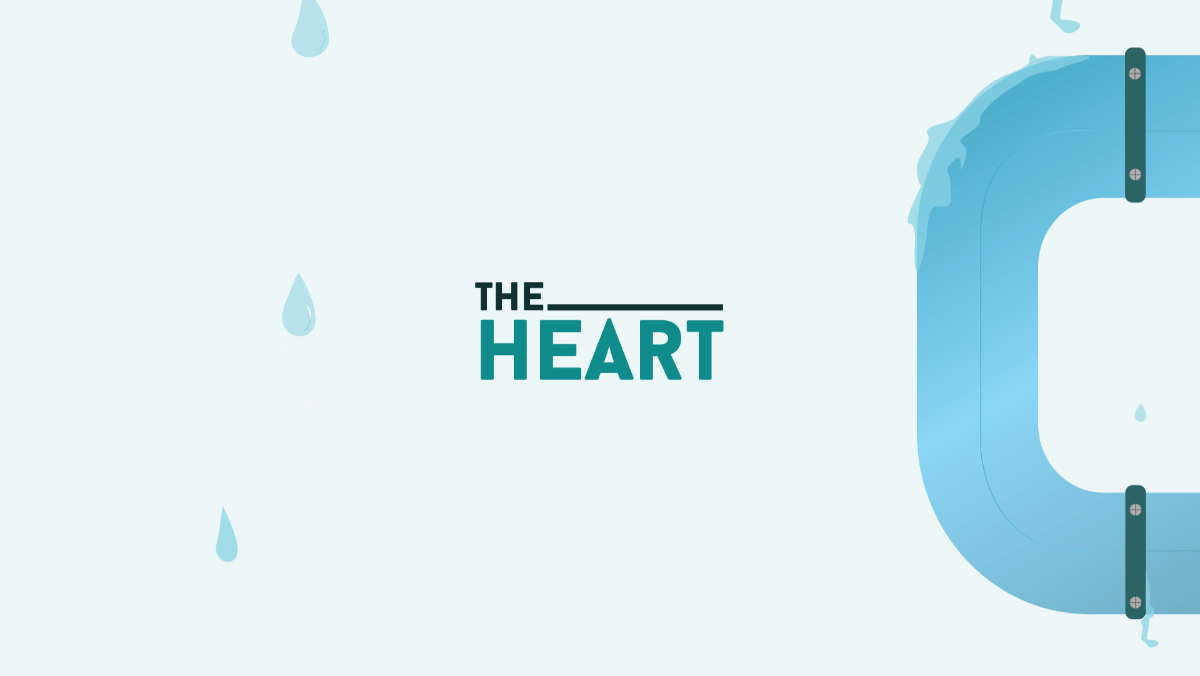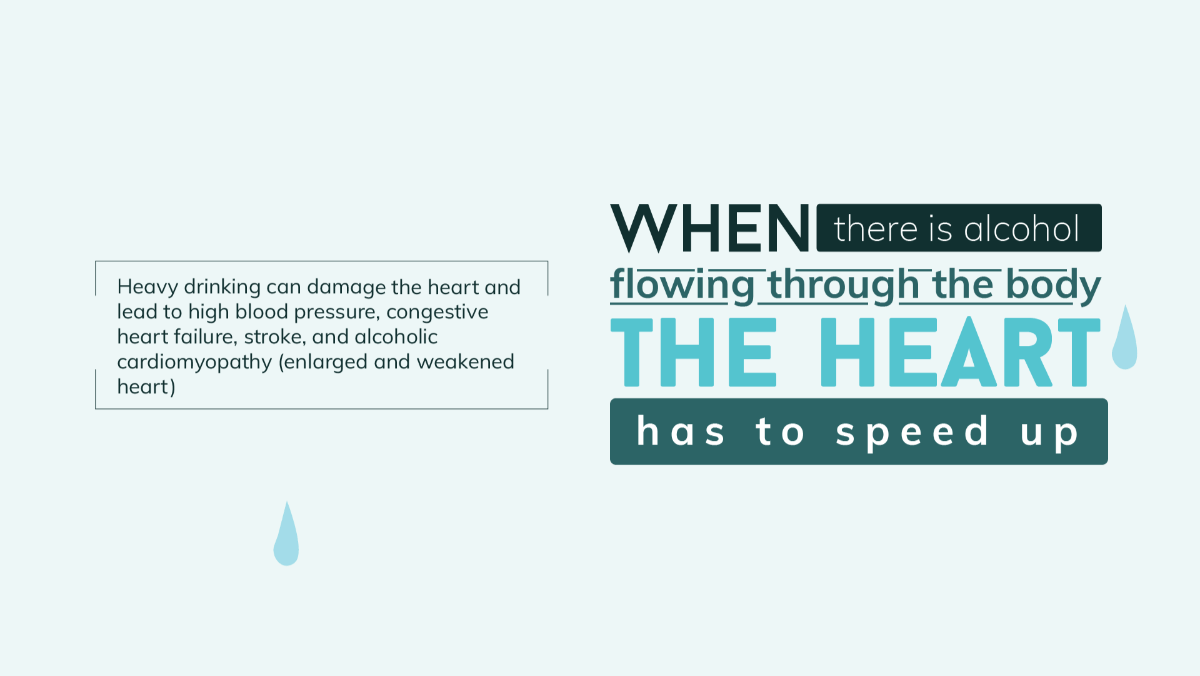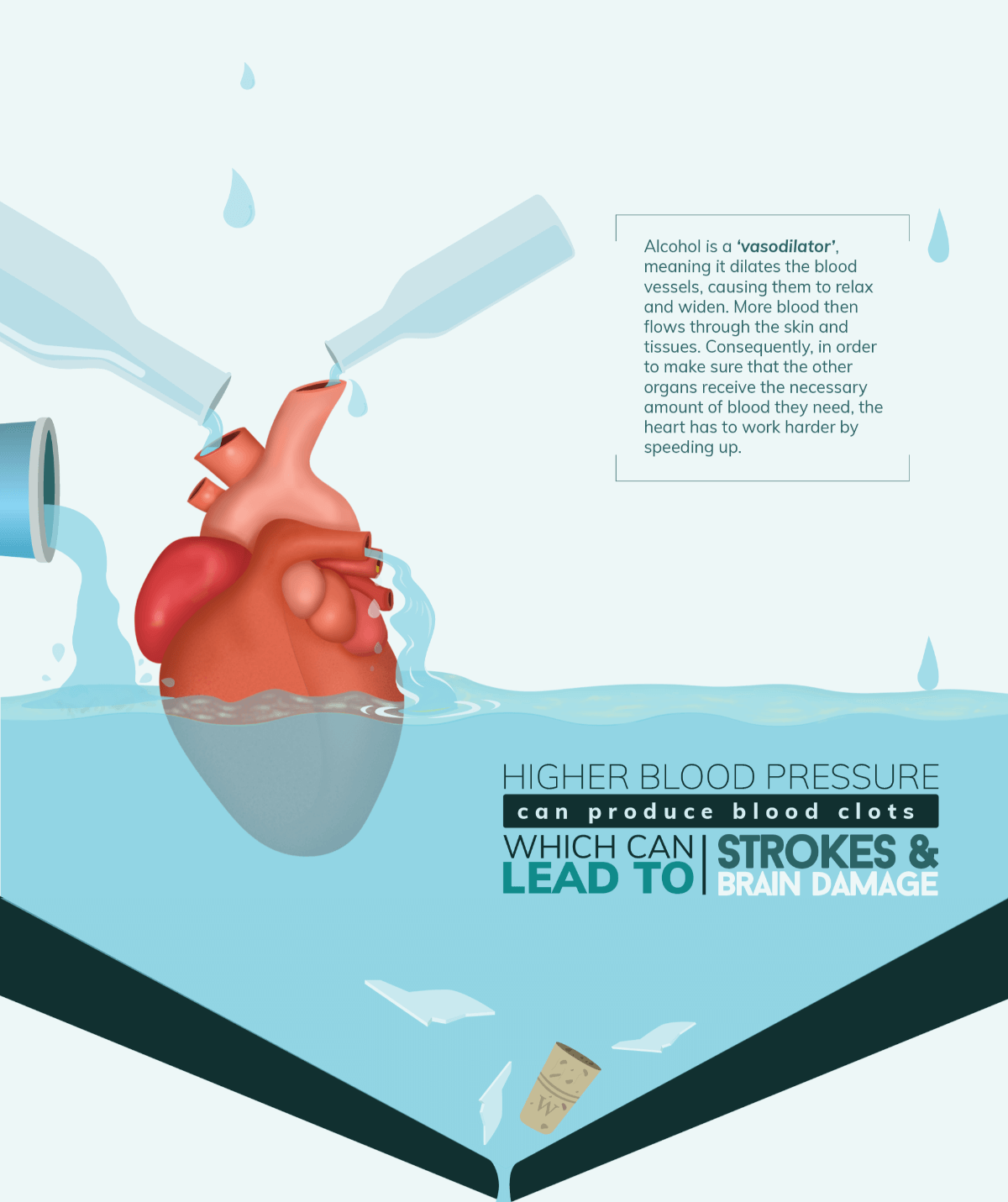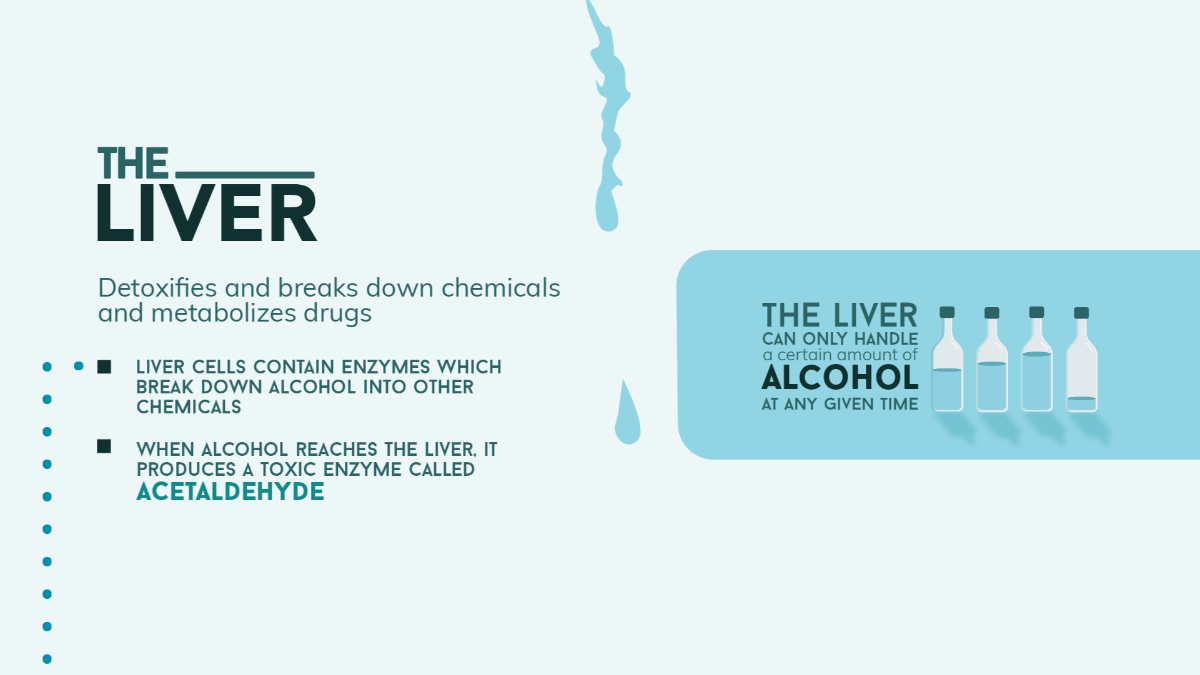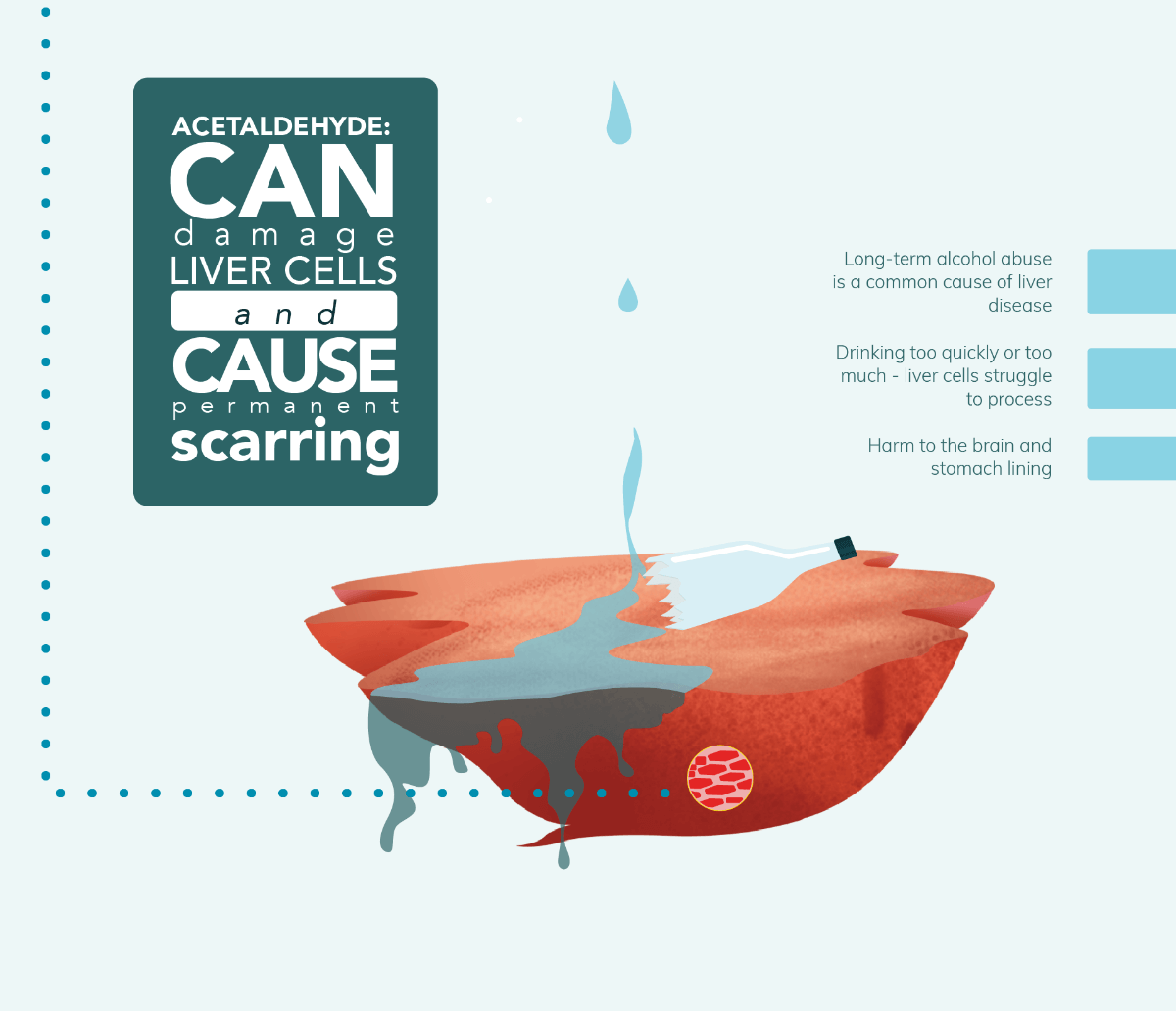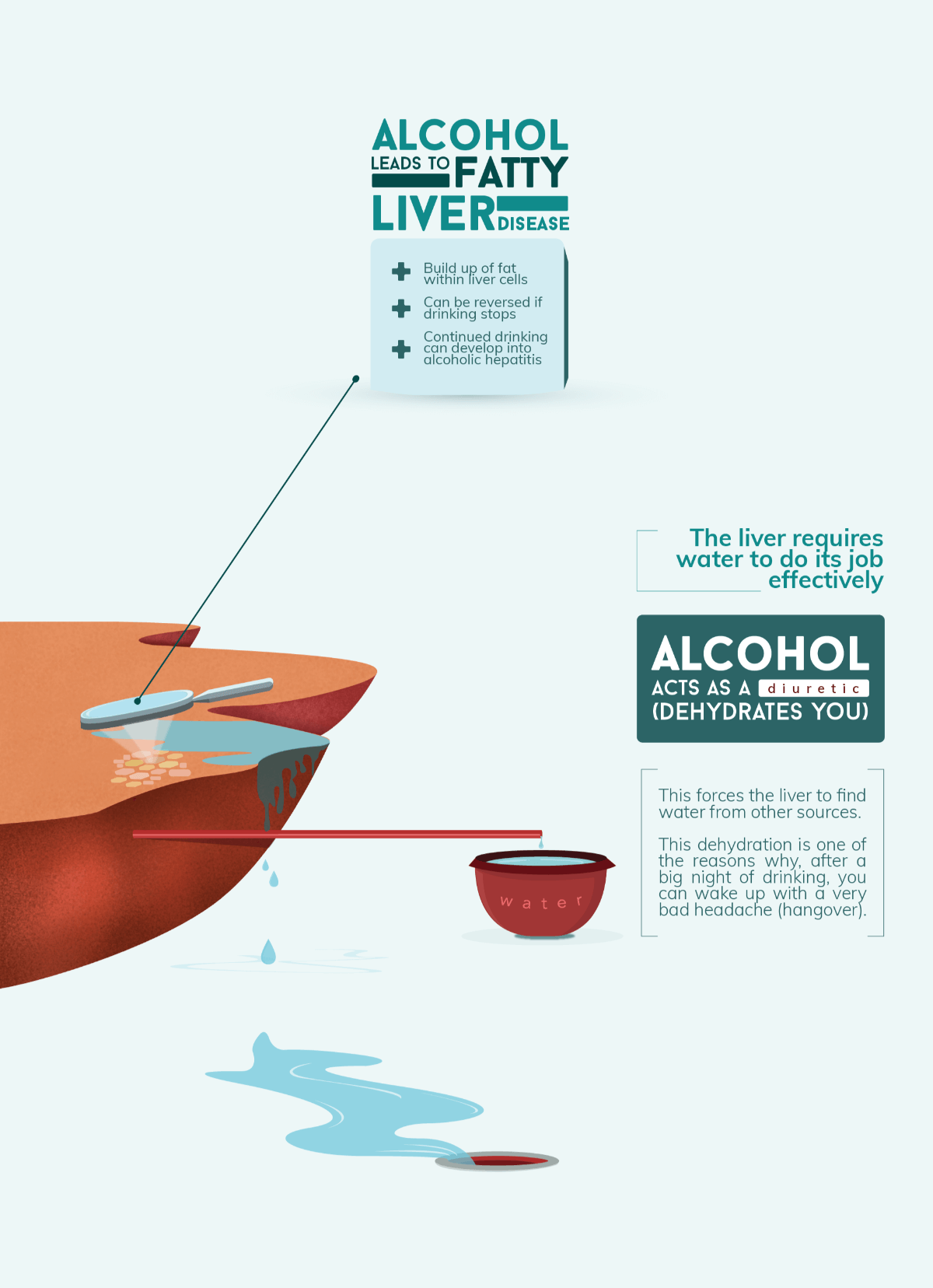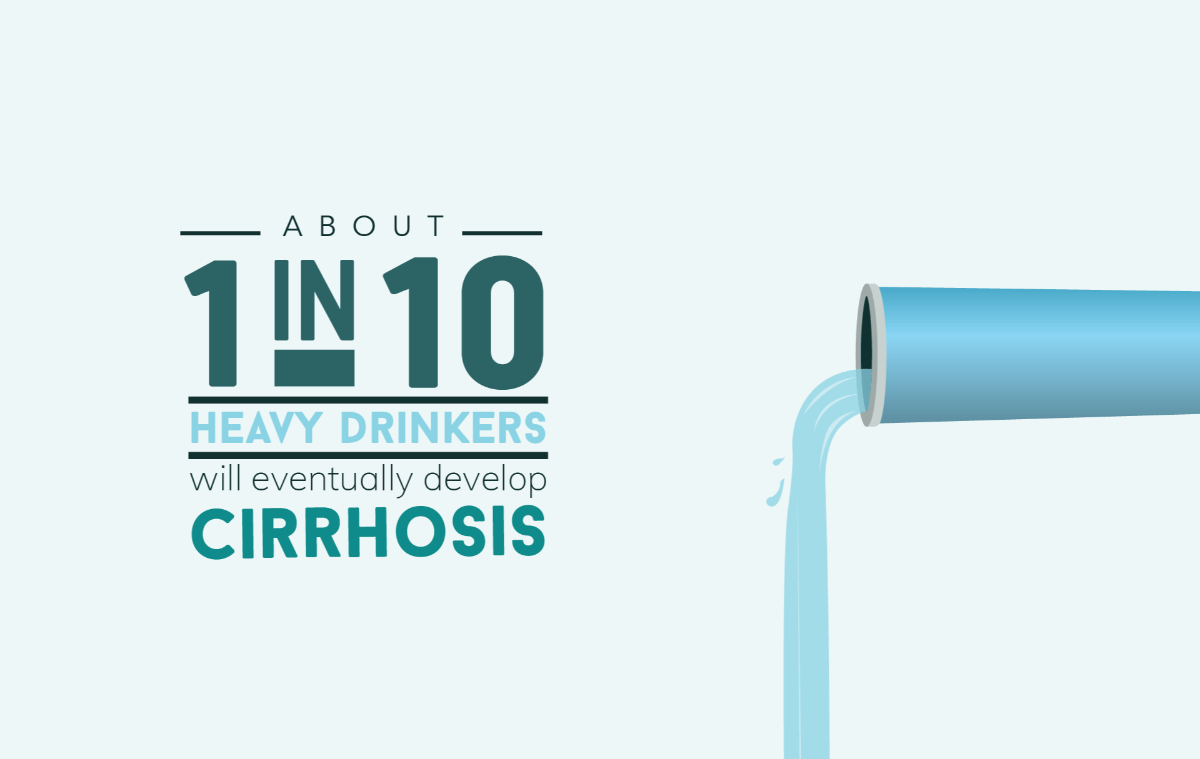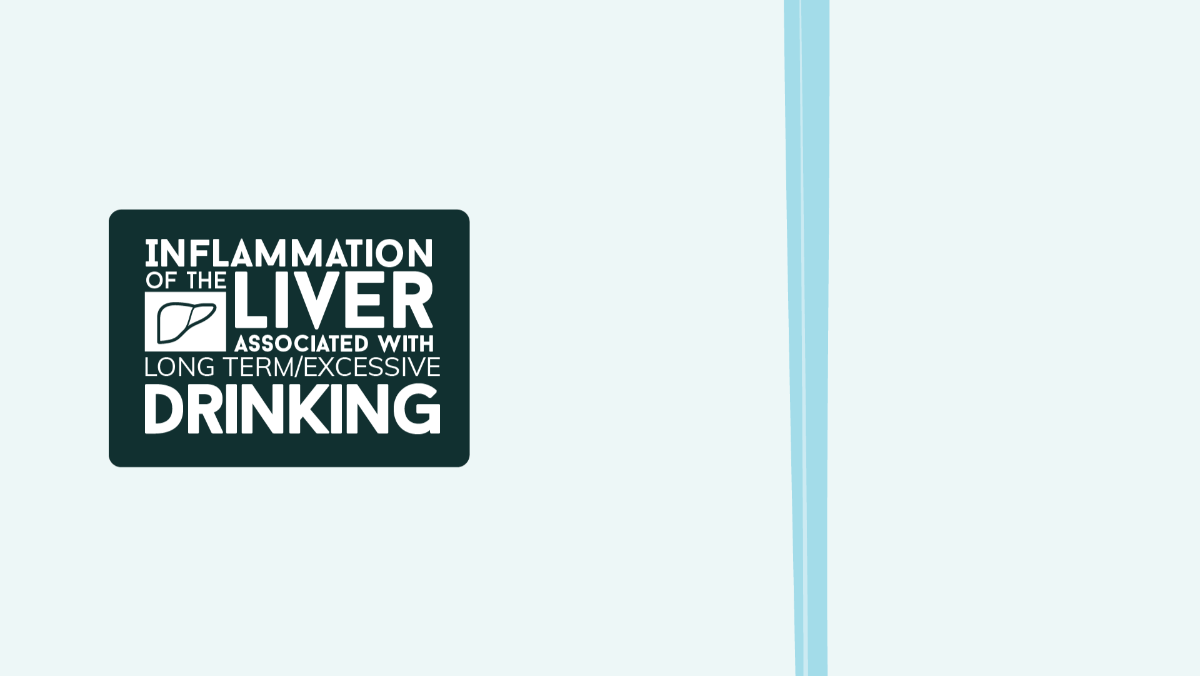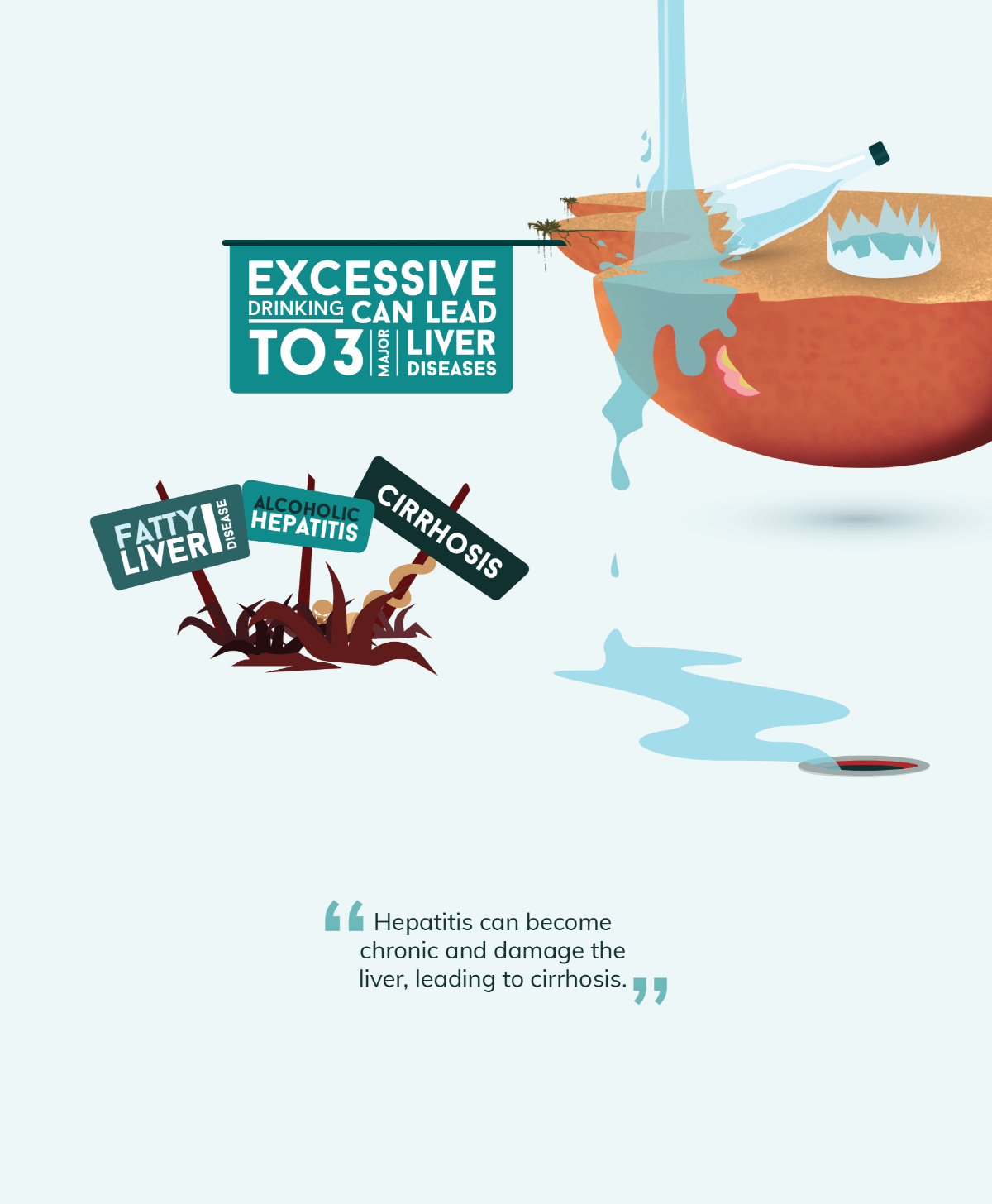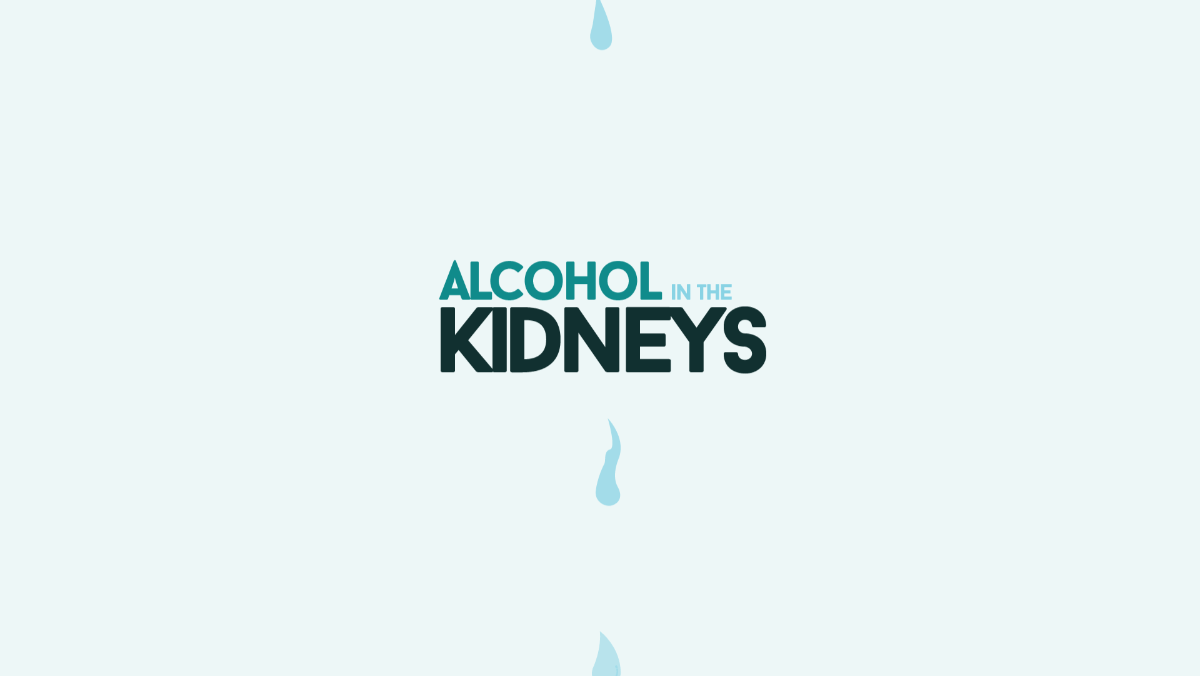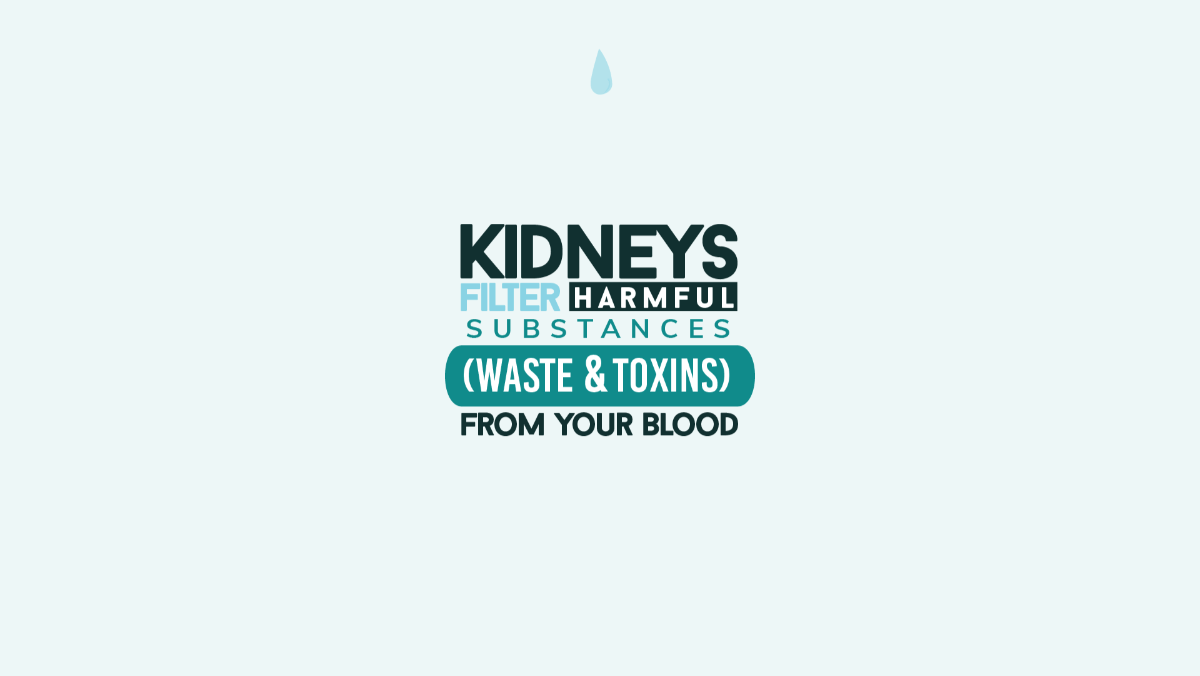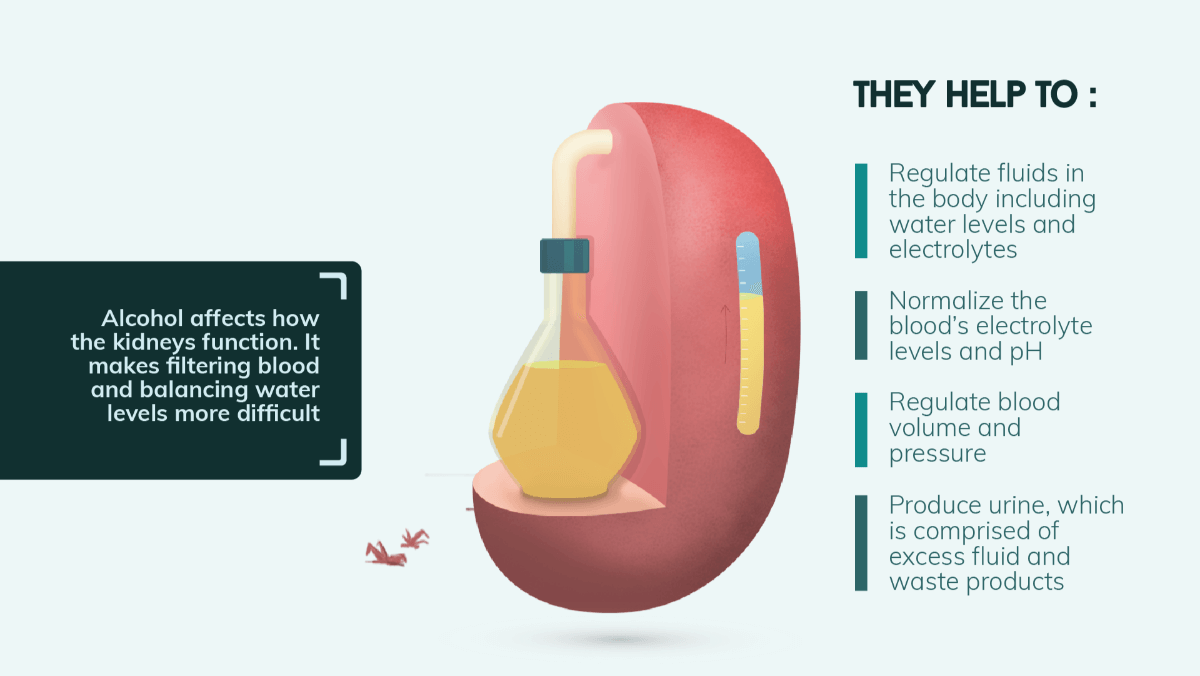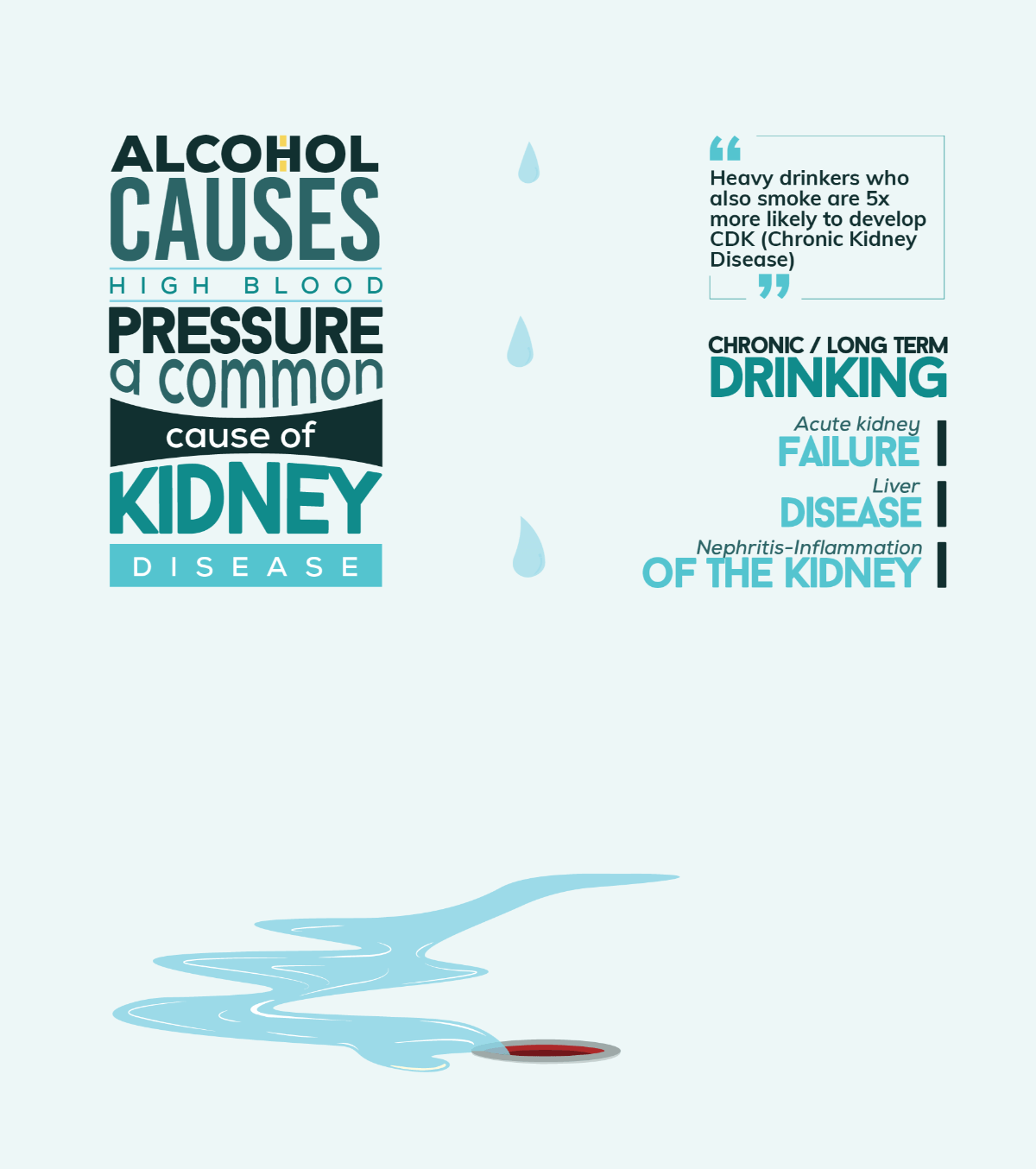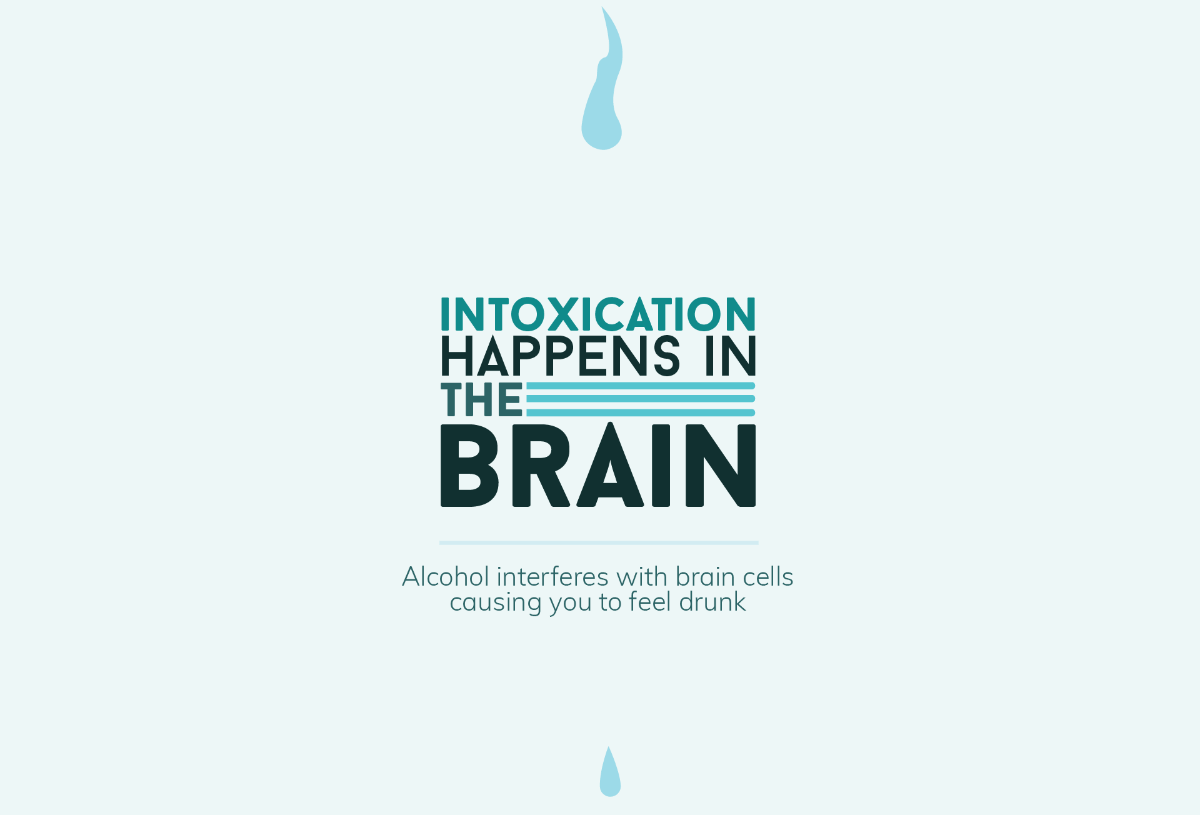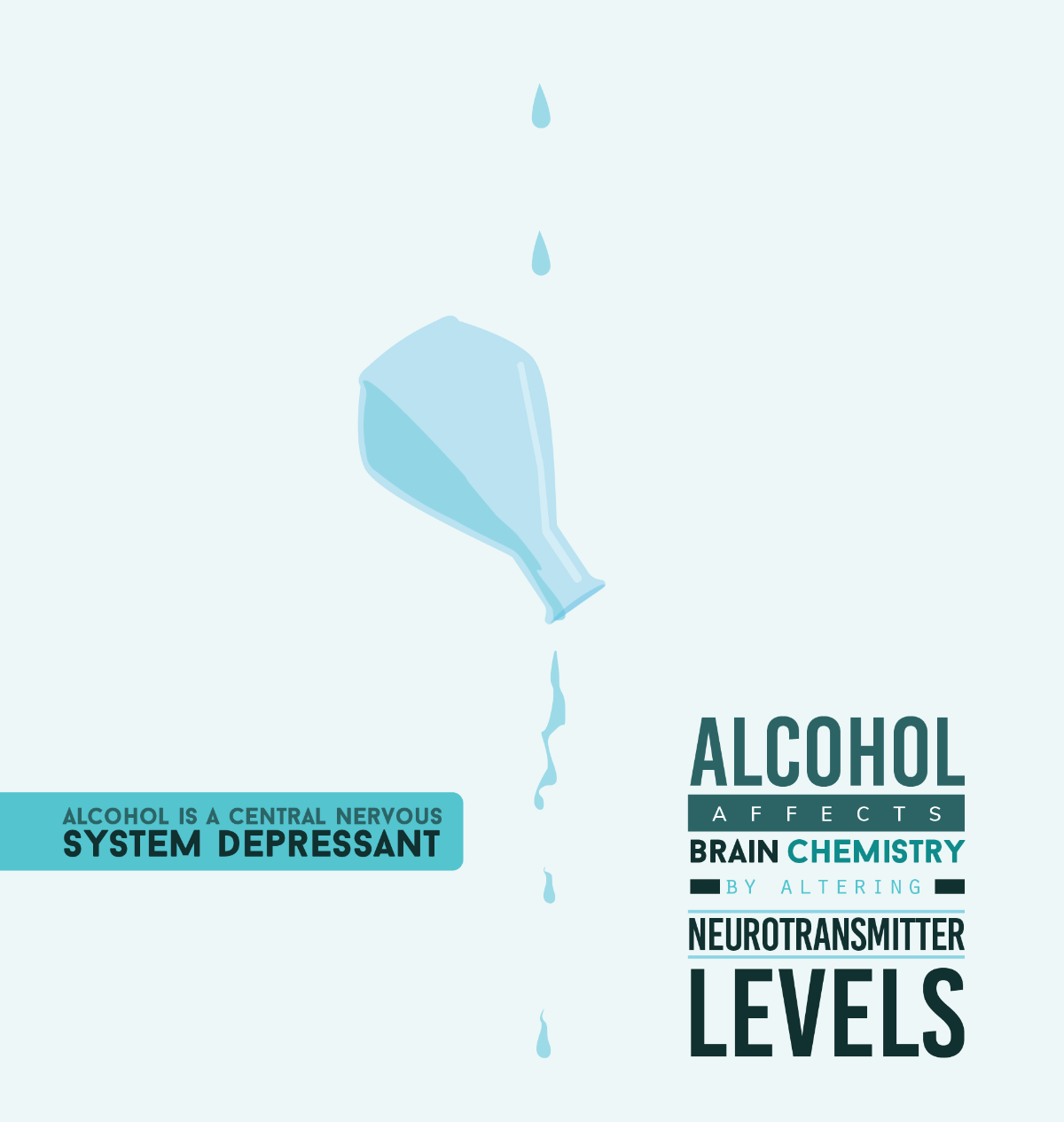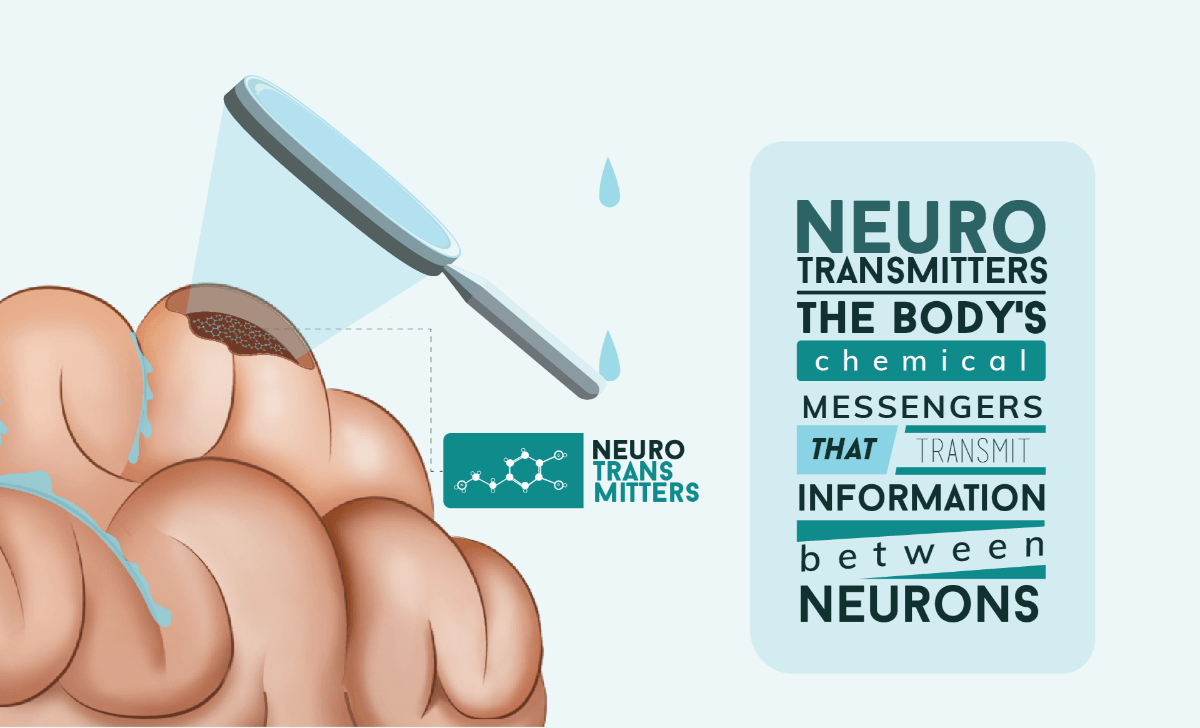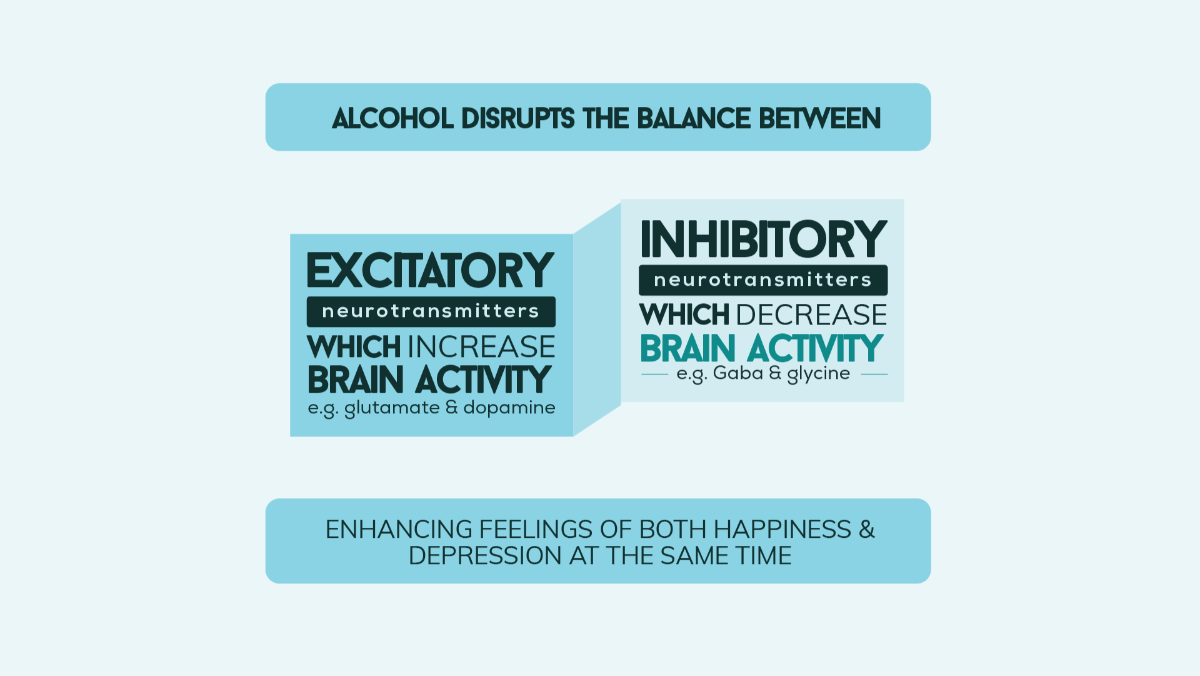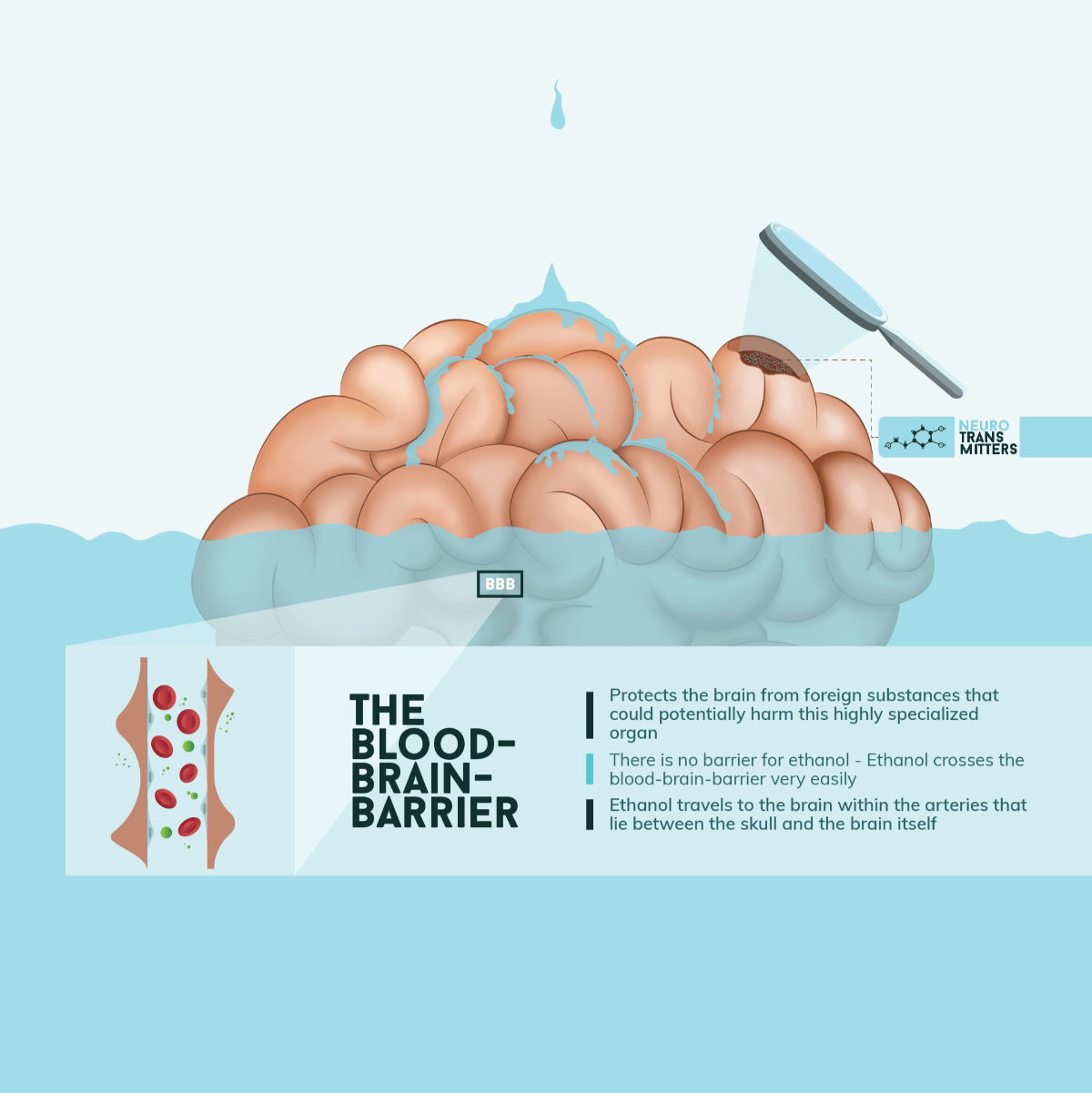Location
Our Idaho Location
Located in Boise, Idaho, Northpoint Recovery is proud to offer quality drug and alcohol detox as well as alcohol and drug rehab in the Treasure Valley.
- Idaho
2335 E. State Ave,
Meridian, ID 83642
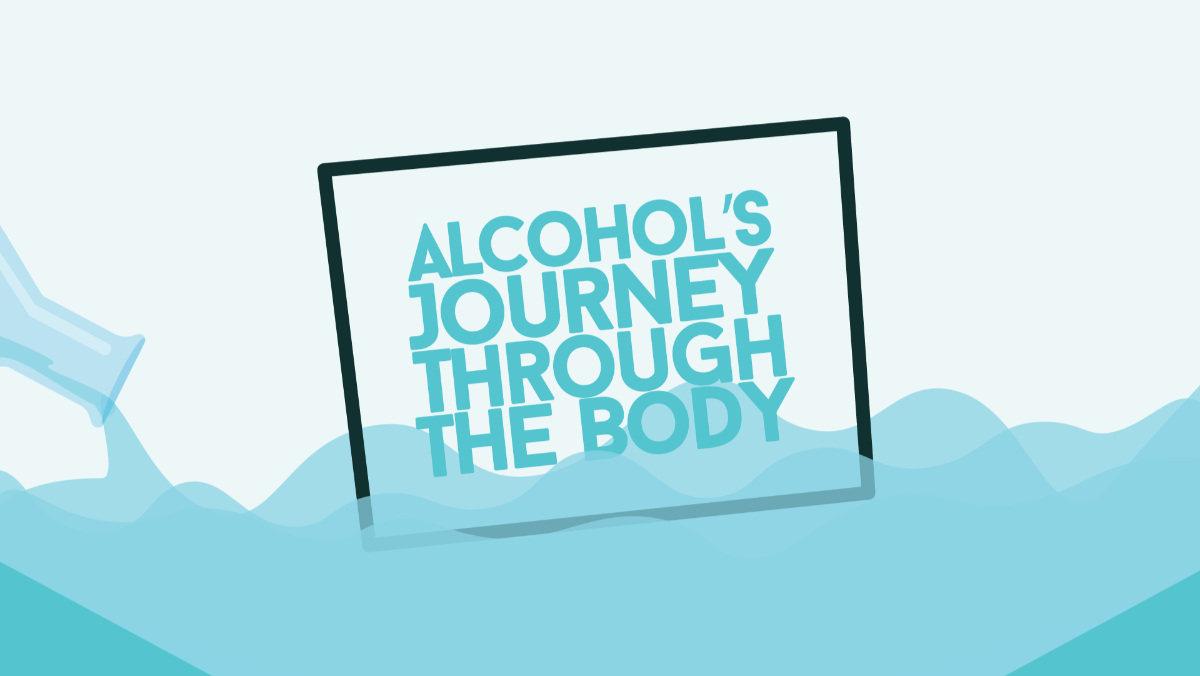

What effects are there as it passes each biological stage of that journey? Which areas of the body can be damaged by its progress? How does it affect your vital organs? What happens in the brain to cause you to feel drunk? Most importantly, what are the physical consequences of the heavy consumption of alcohol?

Did you know that one night of heavy drinking can lead to damage in the esophagus?
Not a great reminder of a good night out with your friends, is it? The esophagus is lined with moist tissue called mucosa, and it is this tissue which is vulnerable upon contact with alcohol.
Heavy alcohol consumption can lead to gastroesophageal reflux disease or GERD.
It is the substernal burning sensation (that heartburn feeling) caused by the abnormal reflux of gastric contents back up into the esophagus. Yuck!
It can also cause “Nutcracker Esophagus” (which is a disorder affecting the movement or contractions of the esophagus), and esophageal pressure, another cause of heartburn.
Alcohol’s prolonged effect on the esophagus can also result in Barrett's esophagus, the abnormal change in the cells of the lower portion of the esophagus to goblet cells, This can lead to esophageal adenocarcinoma, a deadly form of cancer.
Alcoholics are also susceptible to Mallory–Weiss syndrome, which is bleeding at the junction of the stomach and esophagus.
You’ve only just swallowed, and the c-word has been mentioned.
Alcohol has now entered your body through the mouth, gone down the pharynx and the esophagus, and has arrived at your digestive system.
Oh, and by the way, this all happens in 2 seconds.
Heavy alcohol consumption may result in gastritis (the inflammation of the stomach lining). Symptoms include abdominal pain, vomiting, bloating, diarrhea, bleeding, ulcers, ie. peptic ulcers, and tumors.
In alcoholics, further complications include malnutrition. Alcohol may impede the absorption of vital nutrients, such as proteins and vitamins.
Heavy alcohol consumption will do more than break up relationships. It can cause physical damage. High blood pressure, stroke, alcoholic cardiomyopathy (enlargement and weakening of the heart itself), and congestive heart failure are some effects.
Furthermore, alcohol is a “vasodilator,” meaning blood vessels will enlarge, allowing blood to flow through the vessels’ tissues. This causes blood pressure to drop, and so the heart speeds up to deliver blood to other vital organs.
As the body’s largest internal organ, the liver performs a host of vital functions. Removing toxins, synthesizing proteins, producing biochemicals for digestion, regulating the storage of glycogen (energy), and producing hormones (a little like the way a small measure of alcohol can arise passions, so to speak). This is where our body can really pay for severe over-indulgence.
The impact of heavy, prolonged alcohol abuse on the liver can be devastating, even fatal. Alcoholic liver disease is a general term that includes fatty liver disease (steatosis), alcoholic hepatitis, and cirrhosis. 15 - 20% of chronic heavy drinkers will develop either hepatitis or cirrhosis. 1 in 9 heavy drinkers (of over 10 years consumption) will develop cirrhosis.
Alcohol can damage the kidneys' ability to filter harmful substances from the blood. Alcohol will also dehydrate the body, affecting kidney function, and increasing blood pressure. Which is a common factor in kidney disease. On top of that, if you smoke, you are more likely to develop chronic kidney disease.
Alcohol intoxication occurs in the drinker’s brain (it’s the reason the vast majority of drinkers simply drink - that loss of inhibitions and the feel-good factor). Here, the alcohol content disrupts the ability of neurotransmitters to function correctly. A “blood-brain-barrier” exists to protect the brain from harmful substances; however, ethanol in the form of alcohol, can pass easily through this natural barrier, virtually unhindered, to affect these neurotransmitters.
